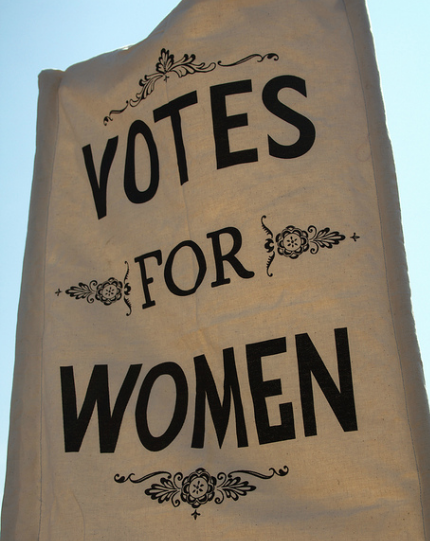Author Archives: Melissa R. Klapper
October 17, 2017 by Melissa R. Klapper
Jewish Feminists and Intersectionality: New Word, Old Story

Walk for Women 2013 – Brighton
As a historian who has written extensively about American Jewish women’s activism, particularly during the late nineteenth and early twentieth centuries, I was thrilled to see Maud Nathan and Annie Nathan Meyer on the cover of Lilith. These powerhouse sisters were important figures in the American Jewish community at the turn of the last century, and they both took full advantage of their privileged status to improve the lives and opportunities of women. The story of sisters who were both public figures and reformers yet stood on opposite sides of the issue of suffrage should be better known. Alice Sparberg Alexiou’s article brings them to vibrant life.
However, there are a few issues brought up in the article that deserve further exploration. One is that the successful 1917 New York suffrage referendum campaign that Alexiou so vividly describes followed in the wake of earlier failure. Only two years earlier New York’s voting men, along with those in Massachusetts and Pennsylvania, had defeated a statewide suffrage referendum. After that failed campaign, some suffrage leaders cast the blame on the immigrant vote, and especially Jews, despite the fact that the Jewish areas of New York City had been the most supportive of enfranchising women. Jewish suffragists like Maud Nathan felt a special responsibility not only to ensure a victory in 1917 but to demonstrate the support of the broader Jewish community for women’s right to vote. The American Jewish newspapers of the day, whether published in English, Yiddish, Hebrew, or German, all debated the subject endlessly, and although some voice was certainly given to religious objectors and anti-suffragists, the vast majority of these periodicals endorsed suffrage and rejoiced at the outcome of the 1917 campaign. Those that had opposed suffrage accepted the results of both the 1917 referendum and, later, the Nineteenth Amendment that enfranchised women on the federal level. Annie Nathan Meyer herself joined the League of Women Voters immediately after women won the right to vote; it is not entirely accurate to characterize her as remaining an “Anti” for the rest of her life.
- No Comments
 Please wait...
Please wait...